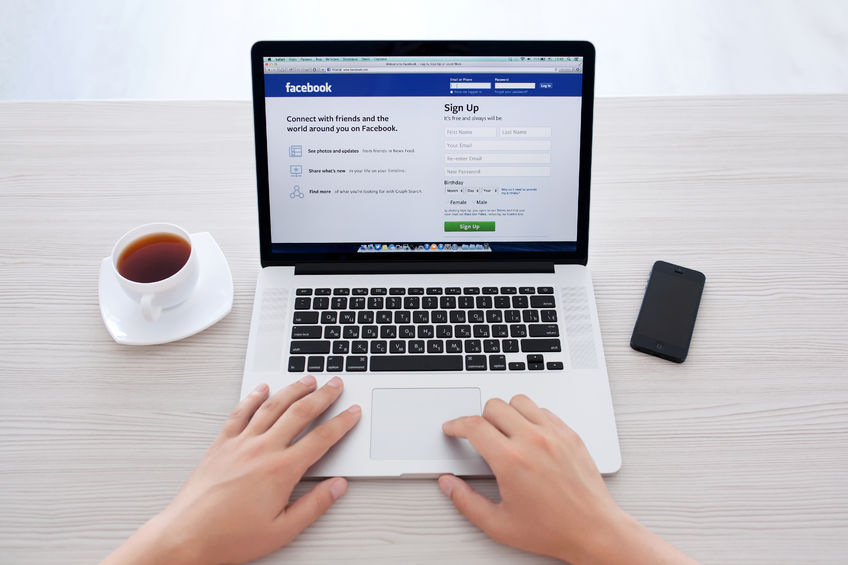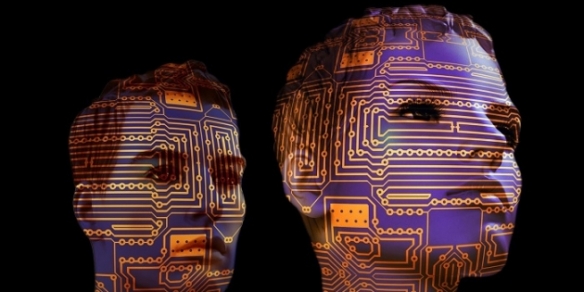FB on why no Safety Check for Jakarta attacks
By Benjamin Cher January 18, 2016
- Indonesians resorted to Twitter, etc. to let others know they were safe
- Zuckerberg had previously said new criteria being developed for activation

US social networking giant Facebook Inc has come under some fire for not activating its Safety Check feature after the terrorist attacks in Jakarta on Jan 14, but the company said doing so would have marked a change in policy.
The feature allows Facebook users to let friends and family know they are okay, and was developed in response to natural disasters.
However, the company activated Safety Check after the terrorist attacks in Paris last November, which killed about 130 people, and more than four million users checked within the first 24 hours, according to Facebook.
It also activated Safety Check for the November 2015 bombings in Nigeria.
The attacks in Jakarta which saw eight people killed, four of them the attackers [updated], did not see such a response from Facebook, which has nearly 70 million users in Indonesia.
Instead, Indonesians resorted to Twitter and the #SafetyCheckJKT hashtag to let others know they were safe.
Facebook has not issued an official statement on the issue, but in response to queries from Digital News Asia (DNA) as to why the feature was not activated, and what factors the company considers before activating it, its South-East Asia communications head Tim Inthirakoth stressed that it was meant only for natural disasters.
Safety Check was first deployed after the May 2015 Nepal earthquake, then Hurricane Patricia in October 2015. The feature was activated again in Chennai during the floods in December 2015.
“Only recently have we activated it for other types of events,” he told DNA via email.
“We are not at the point where we’re activating Safety Check after every crisis, as we are still working through our approach and, more importantly, learning when it will help people the most,” he added.
The decision to turn on safety check for the Paris attacks stemmed from sentiments on the ground, according to Alex Schultz, vice president of growth, in a Facebook post.
“We chose to activate Safety Check in Paris because we observed a lot of activity on Facebook as the events were unfolding,” he wrote.
“In the middle of a complex, uncertain situation affecting many people, Facebook became a place where people were sharing information and looking to understand the condition of their loved ones.
“We talked with our employees on the ground, who felt that there was still a need that we could fill,” he added.
The decision to activate this feature outside of a natural disaster was unprecedented and undeniably caused changes to the usage policy.
“This activation will change our policy around Safety Check and when we activate it for other serious and tragic incidents in the future,” Schultz said.
“We want this tool to be available whenever and wherever it can help,” he added.
However, after the Nigeria bombings in November 2015, Mark Zuckerberg, chief executive officer, Facebook, posted a note announcing the development of new criteria for activation.
“We’re now working quickly to develop criteria for the new policy and determine when and how this service can be most useful,” said Zuckerberg in the post.
“A loss of human life anywhere is a tragedy, and we’re committed to doing our part to help people in more of these situations,” he added.
Related Stories:
Social media: Vox populi when terror strikes
Facebook wants to connect the ‘other’ 150mil Indonesians
Facebook under fire for conducting secretive emotions study
Block Facebook? Why not go the whole nine yards?
For more technology news and the latest updates, follow us on Twitter, LinkedIn or Like us on Facebook.


